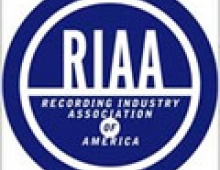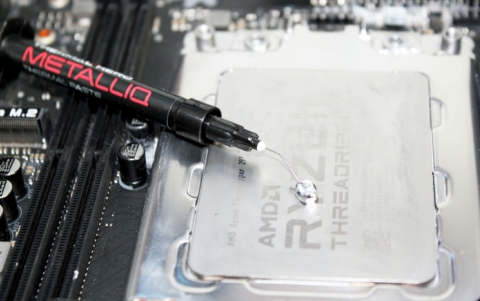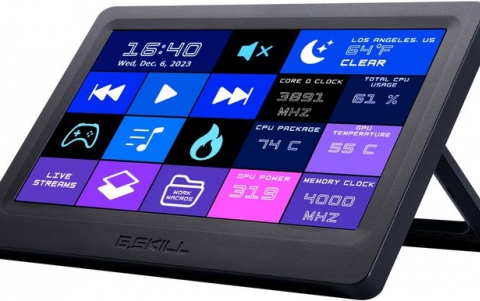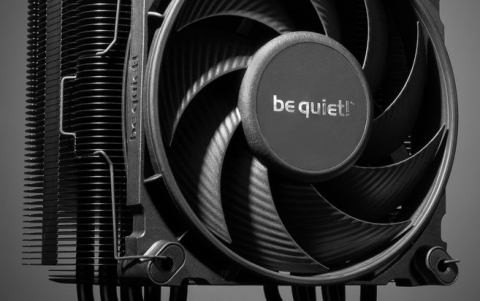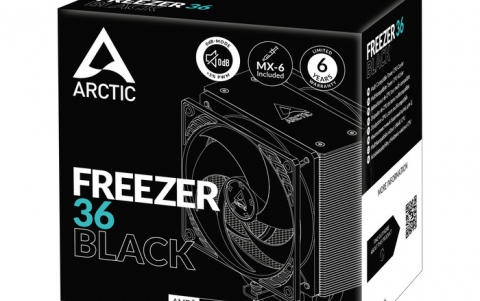
RIAA Wins Legal Battle Against LimeWire
A federal judge ruled this week that the company behind the
LimeWire file-sharing network was liable for infringing the
major record companies' copyrights.
LimeWire software was released in August 2000 and uses
peer-to-peer, or P2P, technology to allow users to share
music or other files over the Internet.
According to the rulling, "LimeWire users directly infringed plaintiffs' copyrights, and that LimeWire engaged in purposeful conduct intended to foster that infringement," and "free distribution of the recordings through LimeWire competes with plaintiffs' sales of the recordings."
The court granted plaintiffs' motion for summary judgment on their unfair competition claim against LimeWire.
The complaint against LimeWire was filed in 2006 by Arista Records, Atlantic Recording Corp., BMG Music, Capitol Records, Elektra Entertainment Group, Interscope Records, Laface Records, Motown Record Co., Priority Records, Sony BMG Music Entertainment, UMG Recordings, Virgin Records America and Warner Bros. Records.
In response to a federal court?s ruling, Mitch Bainwol, RIAA's Chairman & CEO, offered the following comment:
"This definitive ruling is an extraordinary victory for the entire creative community. The court made clear that LimeWire was liable for inducing widespread copyright theft.
"LimeWire is one of the largest remaining commercial peer-to-peer services. Unlike other P2P services that negotiated licenses, imposed filters or otherwise chose to discontinue their illegal conduct following the Supreme Court's decision in the Grokster case, LimeWire instead thumbed its nose at the law and creators. The court?s decision is an important milestone in the creative community?s fight to reclaim the Internet as a platform for legitimate commerce. By finding LimeWire's CEO personally liable, in addition to his company, the court has sent a clear signal to those who think they can devise and profit from a piracy scheme that will escape accountability.
"We are gratified by the court?s careful and thorough analysis of the facts and applicable law."
According to the rulling, "LimeWire users directly infringed plaintiffs' copyrights, and that LimeWire engaged in purposeful conduct intended to foster that infringement," and "free distribution of the recordings through LimeWire competes with plaintiffs' sales of the recordings."
The court granted plaintiffs' motion for summary judgment on their unfair competition claim against LimeWire.
The complaint against LimeWire was filed in 2006 by Arista Records, Atlantic Recording Corp., BMG Music, Capitol Records, Elektra Entertainment Group, Interscope Records, Laface Records, Motown Record Co., Priority Records, Sony BMG Music Entertainment, UMG Recordings, Virgin Records America and Warner Bros. Records.
In response to a federal court?s ruling, Mitch Bainwol, RIAA's Chairman & CEO, offered the following comment:
"This definitive ruling is an extraordinary victory for the entire creative community. The court made clear that LimeWire was liable for inducing widespread copyright theft.
"LimeWire is one of the largest remaining commercial peer-to-peer services. Unlike other P2P services that negotiated licenses, imposed filters or otherwise chose to discontinue their illegal conduct following the Supreme Court's decision in the Grokster case, LimeWire instead thumbed its nose at the law and creators. The court?s decision is an important milestone in the creative community?s fight to reclaim the Internet as a platform for legitimate commerce. By finding LimeWire's CEO personally liable, in addition to his company, the court has sent a clear signal to those who think they can devise and profit from a piracy scheme that will escape accountability.
"We are gratified by the court?s careful and thorough analysis of the facts and applicable law."








